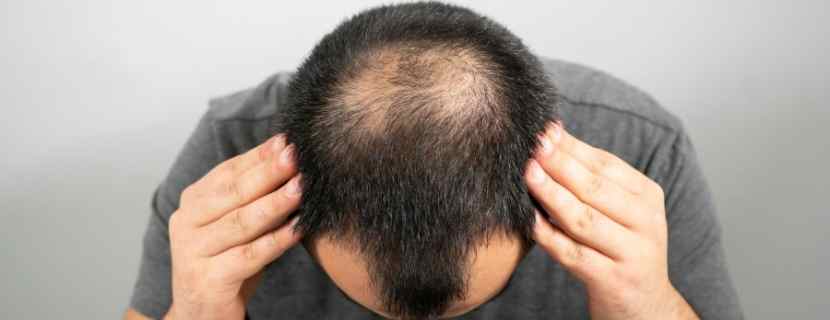- Kartaltepe Mahallesi İncirli Caddesi Limon Çiçeği Sokak No: 1 34145 Bakırköy İstanbul
- +90 541 548 52 47

Everything you need to know about infection after hair transplant
27/09/2022
How Do Baths and Showers Affect Your Hair?
27/09/2022There are many factors that can cause hair loss, and millions of people have hair transplantation to solve this problem. Gender, genetics, age, living conditions or diabetes are some of the causes that people are familiar with. One of the factors thought to cause hair loss is hormone imbalance.
Understanding the Relationship Between Hormones and Hair Loss
Hormonal imbalance can have unpleasant consequences in our body and often our hair is also affected. Although thinning and hair loss can occur for various reasons, hormonal hair loss is an important issue. Human hormones act as messengers in our bodies, telling our muscles and organs how to do their job and when to start. They must work in a correct balance. When there is a problem, it can cause insulin formation, cell development, heart rate, regular metabolism and many more problems.
Said imbalances can also cause a type of hair loss called “telogen effluvium”. Overproduction of hormones such as androgens or testosterone (in women) can cause hair loss directly from the scalp. With the restriction of estrogen or progesterone, hair can be directed to the telogen part of growth much more quickly, and due to the absence of these hormones, hair growth may slow down or stop altogether in some people.
How Hormones Affect Your Hair
Hormone imbalances can alter the scalp and hair growth. As a result, this can raise some concerns, including thyroid conditions, limited estrogen levels, menopause, weight changes, and androgenetic alopecia. Every problem can have a different outcome, some are permanent and some are not.
Thyroid
Thyroid hormone-induced hair loss caused by thyroid conditions such as hypothyroidism and hyperthyroidism, and can usually be resolved effortlessly with the initiation of thyroid medication, resulting in short-term hair loss. Involved in the endocrine network, the thyroid creates enhanced hormones to regulate the regeneration and development of cells and cellular energy. Therefore, hair is often dependent on the thyroid for growth.
With drugs that help restore hormonal balance, your natural hair growth should be restored in about a month.
Estrogen
Estrogen formation in women naturally varies throughout their lifespan, but the changes often cause hair loss or thinning.
Hair often undergoes growth changes due to changes in estrogen during perimenopause, menopause, pregnancy and postpartum. For example, during pregnancy, women often notice that they have thicker, fuller hair due to increased levels of this hormone. The sudden drop in postpartum hormone will cause hair loss.
This usually happens for a short time, once the poor hormonal balance is restored, hair growth can resume its normal course.
In summary, hormone imbalance can cause hair loss.




